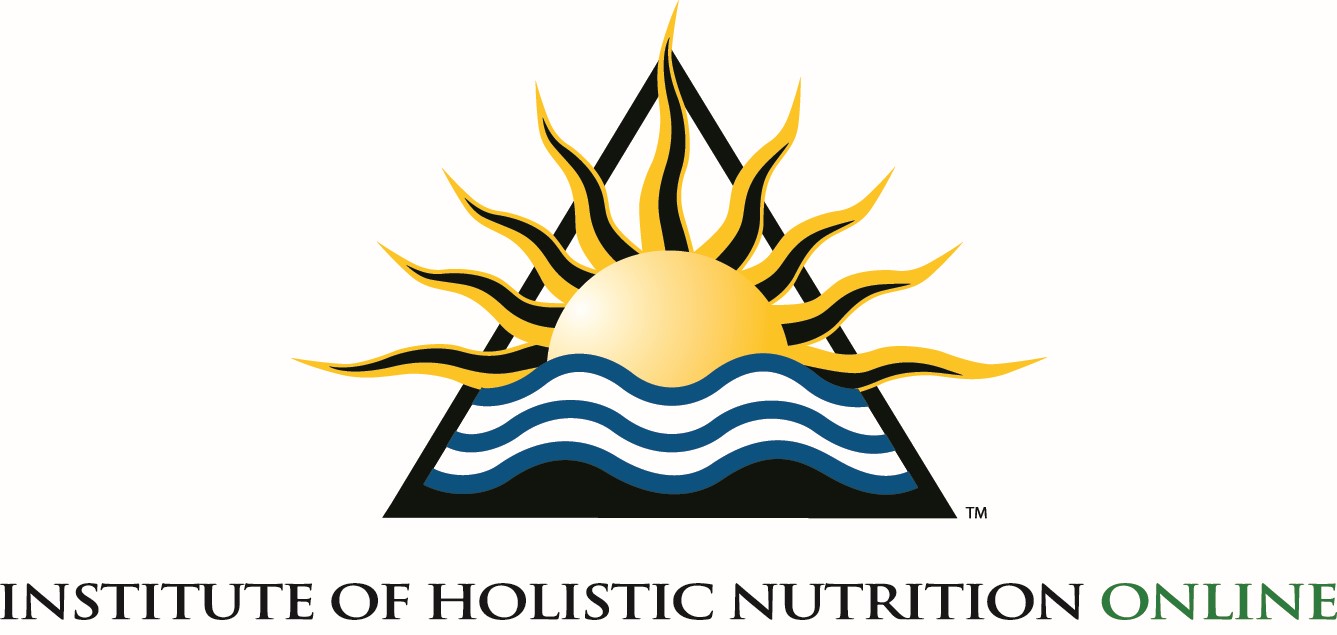
Linda Bazinet, BSc MSc
Department(s): Faculty
Linda received her Bachelor of Science Degree from the University of Toronto with a specialist in Zoology and a major in Biomedical Science. She then completed a Master of Science Degree in Cell Biology at McMaster University. Since 1988, Linda has taught at both Seneca and Sheridan College as well as doing private tutoring. Linda has taught a wide variety of science courses including Biology, Chemistry, Inorganic Chemistry, Microbiology, Histology, Laboratory Techniques and Environmental Science. Many of these courses required extensive course development. Linda has taught groups of mature students including on site teaching at Connaught Laboratories and currently teaches Biological Chemistry, Human Anatomy & Physiology and Body Metabolism at Institute of Holistic Nutrition’s Online program and Applied Endocrinology at Institute of Holistic Nutrition’s Online Continuing Education Department.
